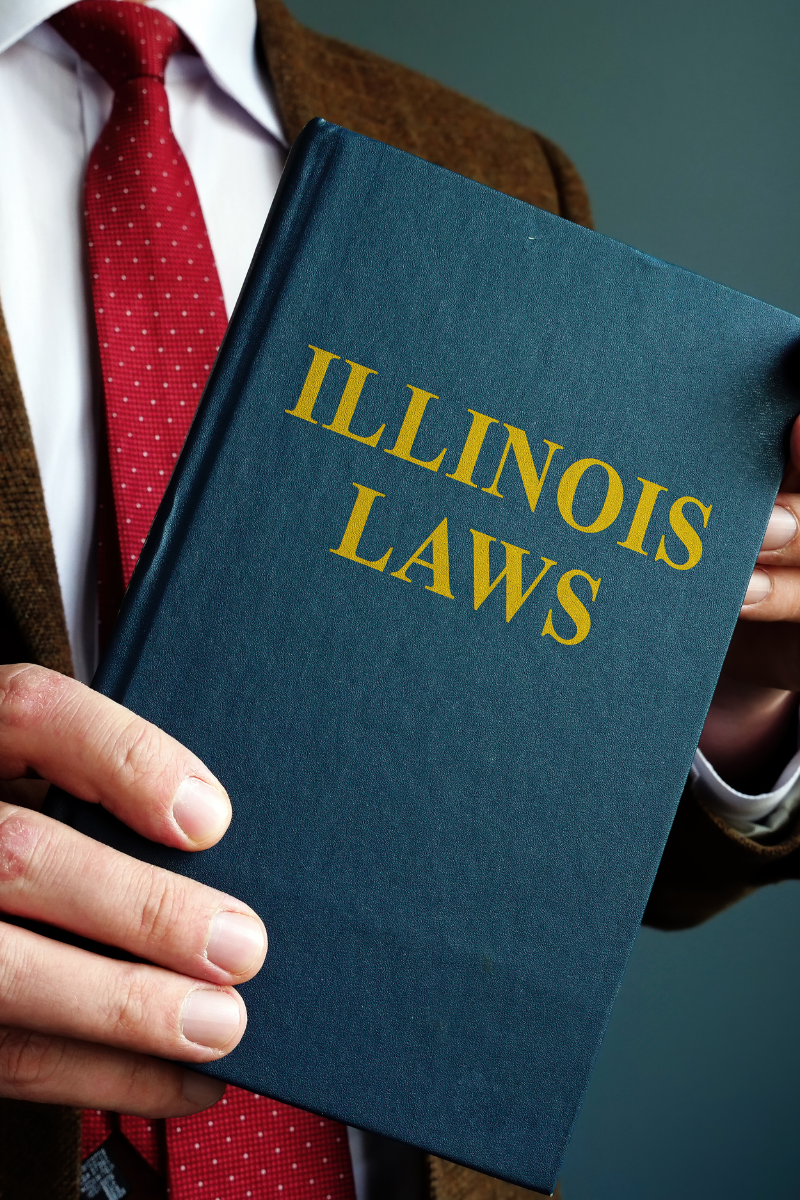Ask a Hague Attorney: What Are My Rights If I’m Falsely Accused of Parental Abduction?
False accusations of parental abduction can be devastating for parents who are simply trying to do what’s best for their child. Whether due to a misunderstanding, miscommunication, or a contentious custody dispute, being wrongly accused of parental child abduction can lead to serious legal consequences, including criminal charges and loss of custody rights.
If you are facing a false allegation of parental abduction, understanding your legal rights and taking the proper steps to protect yourself is critical. In this blog, we’ll explore what parental abduction is, why false accusations happen, and how to defend yourself if you are wrongly accused.
What Is Parental Child Abduction? 
Parental child abduction refers to the unlawful removal or retention of a child across international borders by one parent. Typically, this happens in violation of parental responsibilities. This action often disregards legal authorizations and can directly defy a court’s orders, resulting in severe legal consequences. This can include:
- Failing to return a child after a scheduled visitation.
- Taking a child across state or international borders without permission.
- Keeping a child hidden from the other parent to interfere with custody arrangements.
Parental child abduction laws vary by state and country, but they are often taken very seriously. They can lead to criminal charges, especially if the act is seen as an attempt to deprive the other parent of lawful custody.
Why Do False Accusations Happen?
False accusations of parental child abduction often arise in high-conflict custody cases. Some common reasons include:
- Miscommunication or misunderstanding – One parent may believe the other is violating custody orders when they are not.
- Revenge or leverage in custody battles – One parent may make false allegations to gain an advantage in court.
- Mistaken identity or wrongful reports – Third parties, such as family members or law enforcement, may wrongly assume a child has been abducted.
Regardless of the reason, being falsely accused of parental child abduction is a serious matter that requires immediate legal attention. Let’s take a look at steps you can take if you are falsely accused of parental child abduction.
 1. Stay Calm and Gather Evidence
1. Stay Calm and Gather Evidence
If you have been falsely accused of parental child abduction, it’s essential to remain calm and take immediate steps to protect yourself. Start by collecting any evidence that proves your compliance with custody orders, including:
- Text messages and emails showing agreements with the other parent.
- Court orders and legal documents outlining your custody rights.
- Witness statements from family, friends, or teachers who can verify your whereabouts.
- Travel records to help prove you did not take the child unlawfully.
2. Work with an Experienced Family Law Attorney
If law enforcement contacts you regarding an alleged child abduction, it is crucial to remain calm and avoid making any statements without legal representation. A skilled family law attorney can help you navigate the legal process and ensure that your rights are protected. They can assist with the following:
- Responding to law enforcement inquiries.
- Filing a motion to dismiss the false accusations.
- Representing you in court to prove your innocence.
This helps protect your rights and avoids complicating your case. Seeking legal guidance early can help you navigate the legal process effectively and avoid unnecessary legal risks.
3. Follow Court Orders & Avoid Taking Matters Into Your Own Hands 
Even if you strongly believe the accusations against you are unfair or unfounded, it is essential to comply with all court orders. Violating custody agreements or attempting to contact your child outside of the legal framework—such as through a third party or secret communication—can be used against you in court and may harm your case.
Any unauthorized actions, even well-intentioned, could be perceived as an attempt to interfere with legal proceedings or parental rights. Instead, work through legal channels, consult your trusted attorney, and pursue proper modifications or appeals through the court system to help protect your parental rights while maintaining legal integrity.
4. Request a Custody Modification if Needed
If you have been falsely accused in bad faith, you may have grounds to request a custody modification. Courts take false allegations seriously, as they can be a form of parental alienation or an attempt to manipulate custody proceedings. If it is proven that one parent knowingly made false claims, the judge may reconsider the existing custody arrangement.
A pattern of dishonesty or efforts to interfere with your relationship with your child could result in increased parenting time, sole custody adjustments, or even legal consequences for the accuser. If you face false accusations, consult a family law attorney to explore your options and gather the necessary evidence to protect your rights.
 How Masters Law Group Can Help
How Masters Law Group Can Help
Final Thoughts
False accusations of parental abduction can be overwhelming, but with the right legal strategy, you can protect your rights and clear your name. Working with an experienced family law attorney is essential to helping safeguard parental rights. Erin E. Masters and Anthony G. Joseph have extensive experience in cases involving parental child abduction in courts in the State of Illinois and the United States federal court system.
Contact us today to set up your complimentary consultation, and let us help you navigate this challenge.
Q & A: Your Rights If Falsely Accused of Parental Abduction
What should I do if law enforcement contacts me about an abduction accusation?
Remain calm and do not provide statements without a family law attorney. Inform law enforcement that you are willing to cooperate but need legal representation before spBefore speaking further, inform further.
Can I sue the other parent for false accusations?
How can I prove I did not abduct my child?
Keep detailed records, including custody agreements, communication logs, and witness testimonies. At Masters Law Group, our experienced attorneys can help gather and present the necessary evidence to clear your name. We will advocate for your parental rights, build a strong defense, and help ensure the court sees the full picture of your case.
Will a false accusation affect my custody rights?
It depends on the circumstances. If you prove the accusation was false, it may not impact your custody rights. However, repeated accusations could be harmful, making legal intervention necessary.
What if my child was with me, but I had permission from the other parent?
If you have permission, provide written proof, such as text messages, emails, or signed agreements. Our experienced attorneys can help clear up any misunderstandings. Let our award-winning attorneys help advocate for you and ensure your parental rights remain protected.
Can I prevent future false accusations?
You can request court orders to clarify custody terms, keep a detailed log of interactions, and have a trusted attorney ready to respond quickly to false claims. Masters Law Group helps parents protect their rights by securing court orders, providing legal guidance on documentation, and taking swift action against false allegations.








